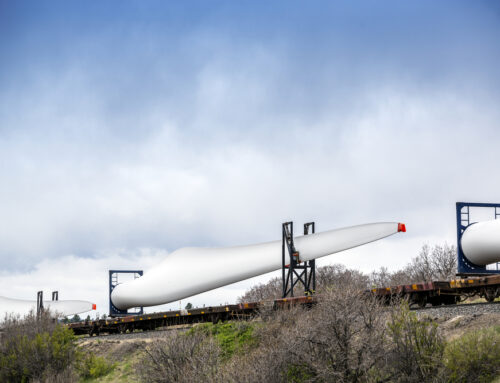We Don’t Need Spaceships to Find Strange New Worlds.

From SRP author Cameron Cooper:
A couple of years ago, I watched a short video on YouTube that compared the depths of the oceans. I found it again today. It’s quite mind-blowing seeing how puny human efforts are to reach the greater depths. And it’s equally as jaw-dropping to see how truly deep the oceans run.
Both times I’ve watched the video, I’ve been reminded of science fiction stories that feature the ocean and what might lie in the depths that we can’t (easily) reach.
The first one is James Cameron’s The Abyss.

Orson Scott Card transformed Cameron’s screenplay into a massive book that I used to love reading. It took me nearly twenty years to replace the book that I left behind in Australia, as it is only available in print (alas). It took me a long time to give up my search for an ebook version, and buy the print edition once more.
When I did finally get to read it again, I was disappointed. Between readings I have written over two hundred books of my own, and have a much keener appreciation for writing techniques.
But my disappointment was only for the prose itself. The story, from a character and adventure perspective (which was all Cameron’s), is a humdinger.
However, you have to suspend a fair degree of disbelief in the central concept that the whole story depends upon: That it really would be more economical to submerse drilling platforms on the ocean floor, and keep drilling crews down there running them, when it takes three weeks to decompress on the way back up.
That’s three weeks of dead time, when the crew can do nothing at all. The oil company would have to pay them for those three weeks, or else compensate them so richly for their time on the ocean floor that three weeks without income is worth it.
Once you get past that near-indigestible lump, the story runs at mach speeds, using the fact that we simply do not know what might be down in the far depths of the oceans to deliver some amazing twists and surprises.
You also have to ignore that, at the depths that Cameron was suggesting the oil platform was operating, the nitrogen in the air mix needed to support human life would be high enough that everyone would talk in squeaky high voices. The movie conveniently overlooked that bit of science.
When you watch the YouTube video about ocean depths, watch for the deepest drilling operation, and then consider how much more depth exists that remains almost completely unexplored.
The second novel that springs to mind, watching this video, is John Wyndham’s The Kraken Wakes.

This is an older, classic SF novel. Wyndham was British. Very British. His sensibilities and his style of writing have aged a bit. The pacing is slow and leisurely. However, this is one of my favourite novels from one of my favourite authors, primarly because of the idea that lies behind the story itself.
It’s a different idea from James’ Cameron’s, but related.
[Spoiler alert]
Wyndham suggests that the huge pressures that exist at the bottom of the oceans that make them so inhospitable to man, actually match the conditions found on other planets. What if aliens from one of those heavy gravity worlds came to Earth? They would have to head for the bottom of the oceans. But that would limit the amount of real estate they could use.
But what if they “terraformed” the rest of Earth to match their ideal conditions?
[End of spoiler]
The rest of Wyndham’s book shows how that concept would look from a very human perspective.
And, for a book written in the early 1950s, the wife of the main character has a surprising amount of agency. But Wyndham’s women often do, which is why he remains one of my favourite authors, quite apart from him being the reason I discovered science fiction as a new teenager.
The concept behind The Kraken Wakes is a lot easier to swallow than James Cameron’s.
In fact, it makes more sense than the frequently found science fiction conceit that any aliens we meet will prefer the same gravity and air mix as us, when our ideal conditions (the Goldilocks criteria) are so rare among the stars.
It is more likely that any aliens we find will live in conditions completely hostile to human life, like those found at the bottom of the Marianis Trench.
Do you have a favorite SF tale that features deep oceans? Recommend the title in the comments section.

Cameron Cooper
SRP Author
Check Cam’s books here on Stories Rule Press.




Leave A Comment